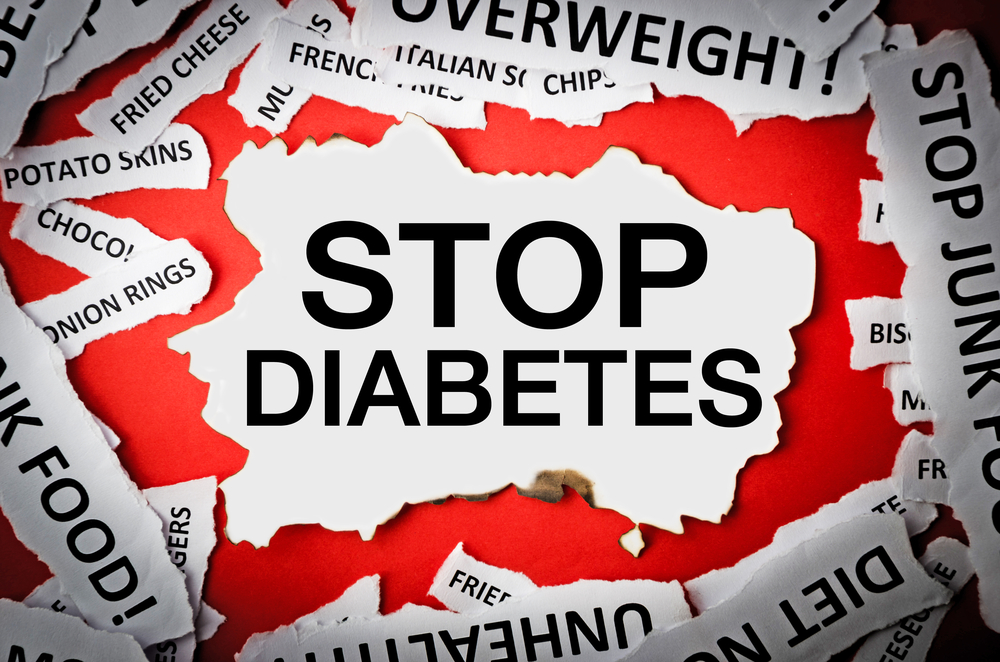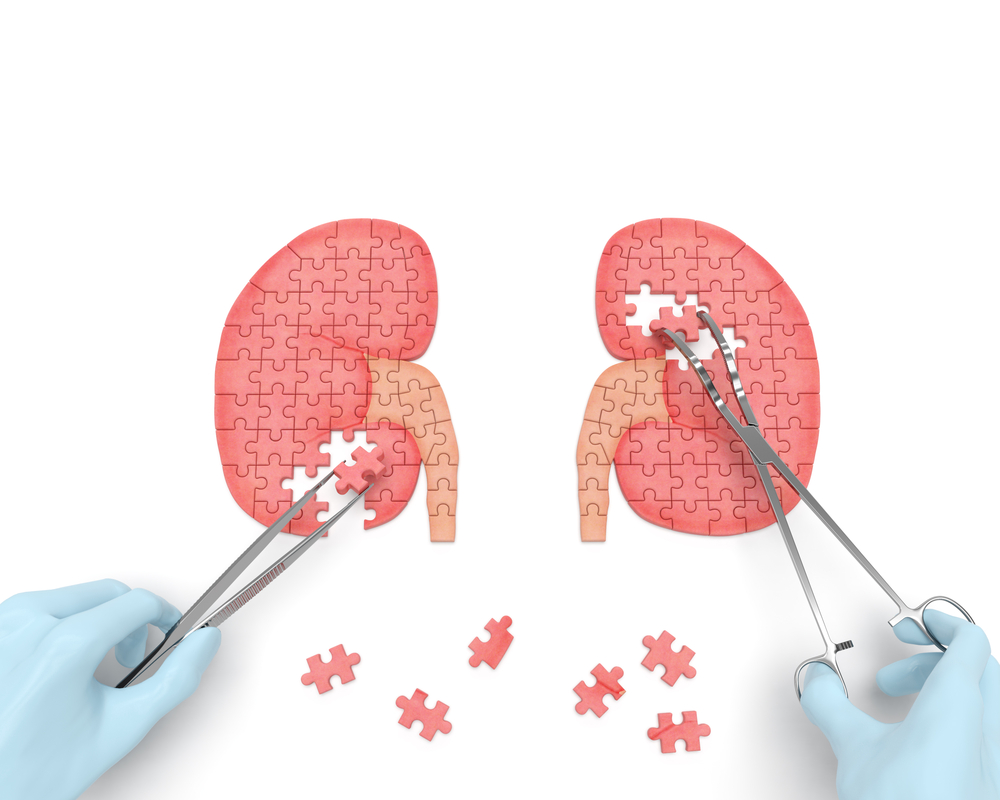The coronavirus disease commonly spread via close contact with infected people. Strict precautions could save lives as the pandemic is expanding.
The novel coronavirus spread is changing daily life in the United States. The new virus COVID-19 continues to spread across the country, affecting daily lives in a way that it poses a serious threat to the country’s economy. The U.S declared a national emergency as it currently has detected the most COVID-19 positive cases. Government is urging Americans to stay at home, avoiding unnecessary travelling, and asking them to stay at least six feet away from the people.
With a powerful country facing a serious coronavirus outbreak, it is natural to wonder whether you get contracted with the highly infectious disease and what you can do to prevent it. Thousands of deaths have been reported in the U.S alone, and hundreds of thousands are suffering from the respiratory illness. It is believed that due to the lack of widespread testing, the virus outbreak is likely to even bigger.
According to the Worlds health organization (WHO), symptoms such as sore throat, cough, and high fever have been trending up in COVID-19 positive patients. With expanding coronavirus outbreak, it becomes a nationwide crisis that it begins to strain our health care system. Center for disease control and prevention (CDC) suggests that older adults and chronically ill are more likely to get severe complications associated with COVID-19.
The novel coronavirus spread through close contact with a positive tested patient. When they cough or sneeze, they expelled respiratory droplets into the air that can be inhaled by people who are nearby. The respiratory droplets can also directly land in the mouth and nose of people who are within 6 feet of each other. It is also believed that the droplets containing the virus can also land on the surfaces like doorknobs, washroom counters, sinks, etc. where the virus can survive for some time. However, there is no evidence so far that can prove if the virus can survive on surfaces and objects.
The good news is that the transmission of COVID-19 can be prevented. Social distancing may help slow down the spread of the novel coronavirus. You can do your part by avoiding large public gatherings, following good personal hygiene, and keeping a distance of 6 feet from other people. Going crazy about handwashing can help virus on your hands. Washing hands frequently and carefully for at least 20 seconds can destroy the virus. In case of shortage of water, you can also use hand sanitizer with 60 per cent alcohol to keep the virus away from your hands. And you don’t specifically need an antibacterial soap; any soap can do the trick for you.
Current studies suggest that people may be infectious even before showing the symptoms. Therefore, it is important to self-isolate if you have a travel history of the infected countries or have any doubt of contracting with infected people. You don’t need to have a severe cough to be contracted with the novel coronavirus. Currently, there are some cases in China COVID-19 patients do not show any symptoms, but still, they are suffering from infectious disorder.
Taking precautions like avoiding social gatherings, and travel plans are very important at this point where most of the countries are fighting with the dangerous virus. Nationwide lockdowns to avoid community transmission is now become the topic of debate but is generally minimizing the social contact, which is the best method to halt the spread of the coronavirus. Avoid handshakes and stay at least six feet distance from others. This will help to reduce your risk of contracting infectious disorder.
Developing a vaccine will take many months, meantime following precautionary measures is so important.
The good news is that human to human transmission can be prevented. Policies like social distancing stay at home policies, and good personal hygiene can be very effective to escape from COVID-19.
Also Read: How Do I Protect Myself From Coronavirus?




